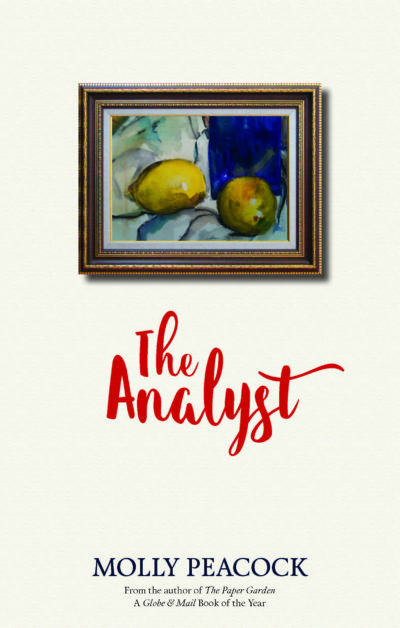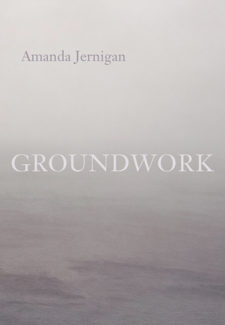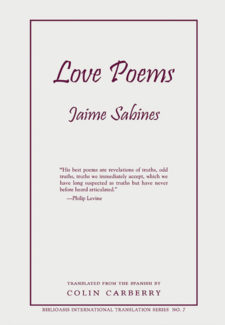Description
When her analyst suffers a stroke but survives brain hemorrhage to become a painter (the very art the therapist had, decades before, abandoned for training in talk therapy), her long-time patient, distinguished and beloved poet Molly Peacock, took up a unique task. In radiant images, this book-length series of poems describes the state of ambiguous loss (where a loved and respected person is still alive, but no longer the same) and celebrates the restorative process of painting.
The Analyst is like a new and visceral twenty-first century In Memoriam, where Peacock brilliantly tells the story of a decades-long relationship that now reverses. Deeply interior, frightening yet funny, Peacock’s poems both devastate and dazzle. From traditional double sonnets to brand-new screen-derived structures, these lyrical expressions come from the deep interior of a woman recollecting the profound changes analysis can bring—as well as the profound changes in the memory and speech of the analyst, who now must rely on visual imagery. At home in the grief for a person perhaps best described as missing in action but also ebulliently optimistic, The Analyst embraces a retrospective gratitude, one perhaps that poetry, in its unlikely yoking of opposites, helps us examine and understand.
Praise for Molly Peacock’s The Analyst
“The poems bear witness to loss and change in the lives of two women, but they also offer a remarkable account of the restorative power of creativity… [Peacock’s] poetry’s orderly grace can seem paradoxical when she’s describing intense, chaotic emotions. But that lyrical craft is exactly what makes these poems resonate.” —Toronto Star
“The Analyst… has its share of impossible emotions. But it is also a book about possible healing… In previous books, Peacock has shown us how the repetitions of poetic form can contain the ruptures of violence. Here, she shows us how they can also enact processes of growth and change; of hard-won, incremental revision.” —Literary Review of Canada
“Peacock is adept at a variety of styles in her lyric poems… Anyone who has undergone therapy will appreciate Peacock’s insights into the process, and everyone can gain from her exploration of human connection and creativity.” —Quill & Quire
“This collection is a welcome green in our clearcut time. Its poems unfurl botanically, precisely as they should, and invite us to consider how essential healing is to our progress. Here are two women in a crucial exchange, taking their turns to listen and to learn. There is an honouring afoot in this work that I’ve learned from, a bowing and a thanks that are given with the grace and humility Molly Peacock’s poetry can make sing. Whether it’s the radical company of visual art or poetry, here is how art abides while we persist and find our way.” —Sue Goyette
“Peacock brings us into the consulting room with her [facing the analyst] … not as a patient but as one person to another. That move enables us to accept neutrally, as would a therapist, whatever comes to mind, to pull up a chair, ‘listen, question, watch things heal.’”—O, The Oprah Magazine
“There’s a spellbinding intimacy here, between analyst and patient, the two women characters, and, most importantly, between poet and reader. A compelling examination of how much we depend on others, especially when it comes to ‘seeing’ ourselves through someone else’s eyes. Needless to say, the real subject is love.” —Philip Schultz
“Guided to ‘listen, question, and watch things heal,’ I felt both the sting of recognition and the balm of comfort in these honest, graceful poems.” —Rachel Zucker
“Psychoanalysis has always been of a piece with the various languages of literature—a kind of practical poetry—taking its life, as theory and practice, from a larger world of words. A session lasts 50 minutes, [and it’s] always at the same time each week, the way a sonnet is 14 lines. As Molly Peacock superbly demonstrates in The Analyst, the form makes possible the articulation.” —Adam Phillips









